Dating: Late 19th century (circa 1880–1900)
Origin: Bohemia, Austro-Hungarian Empire
Attribution: Wilhelm Schiller & Sons, Bodenbach
Technique: Molded earthenware, glossy glaze, polychrome decoration
Mark: BW impression, 1952 (mold number), 8 (decoration variant)
Dimensions: Height approx. 35 cm each
Condition: Excellent, without damage or restoration
Superb pair of Bohemian Rococo vases in glazed earthenware, made in the late 19th century in the Neo-Rococo style characteristic of Bodenbach's Bohemian productions. These decorative pieces, with their deeply sculpted relief, feature a rich array of scrolls, cartouches, and delicately carved floral motifs, enhanced by a glossy glaze in warm and harmonious tones.
The balanced and dynamic form of the vases, inspired by the Baroque but reinterpreted with the technical virtuosity characteristic of Bohemian artisans, testifies to the high level of mastery achieved by the Wilhelm Schiller & Sons factory, active in Bodenbach (now Děčín, Bohemia) between 1859 and the beginning of the 20th century.
On the reverse of each vase is an imprinted mark, "BW," accompanied by the mold number "1952" and the number "8."
Research suggests that the abbreviation "BW" may correspond to an internal foundry code—Bodenbach Werkstatt ("Bodenbach workshop")—used to identify the workshop or molding department. If these vases were part of a larger production series, the number 1952 would most likely designate the mold shape, while the number "8" would indicate a variation in model or decoration.
This marking system is typical of the Wilhelm Schiller & Sons factory, where the molding and decorating workshops used their own alphanumeric codes. It confirms the Bohemian origin of these vases and their belonging to a production of high artistic and technical caliber.
Through their elegant form, the richness of their relief, and their remarkable state of preservation, this pair of Bohemian Rococo vases constitutes an exceptional example of the refined craftsmanship of Bohemian ceramists at the end of the 19th century, and more specifically of the Wilhelm Schiller & Sons factory, one of the greatest producers of artistic earthenware of its time.
For more information,
please visit our website via the following link: Antik-France







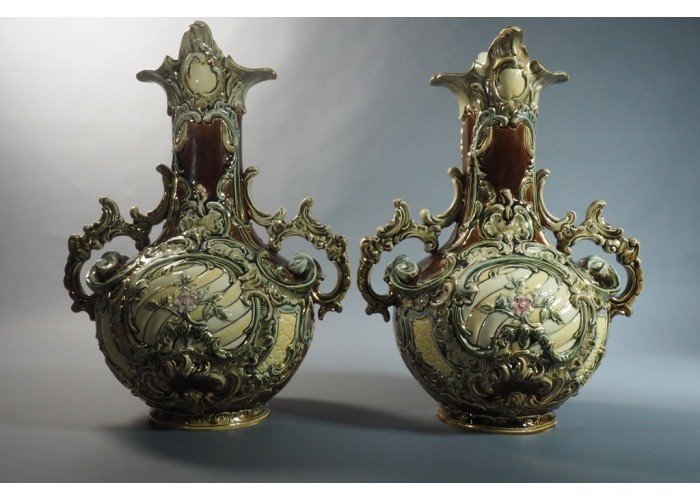
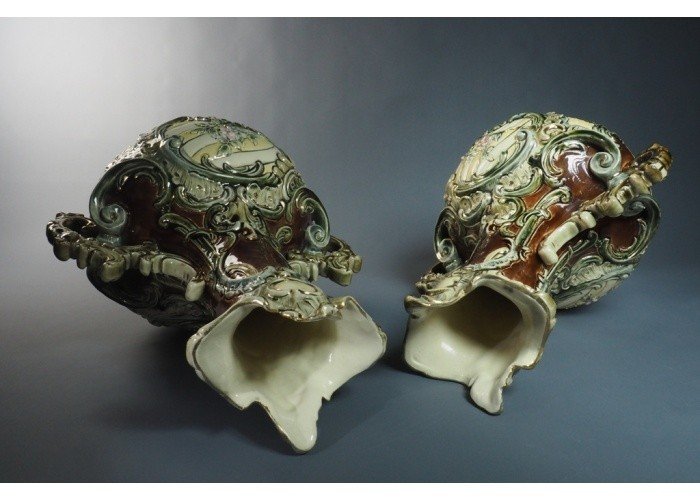
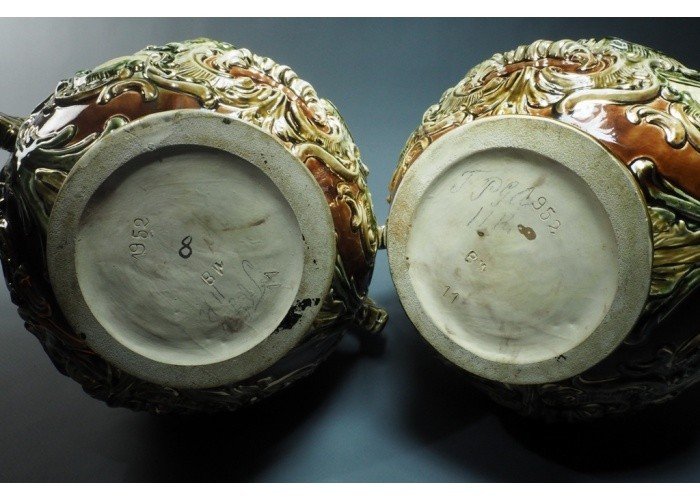
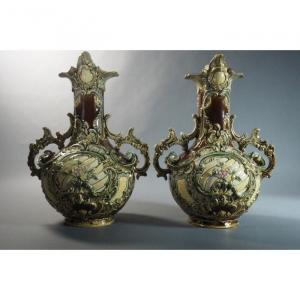








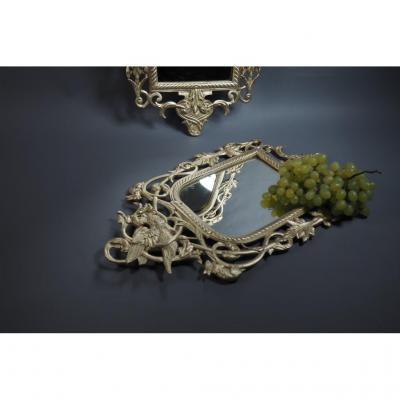
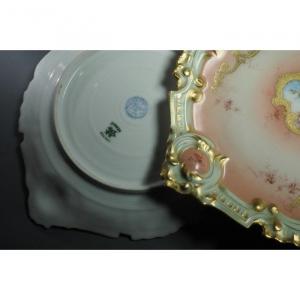


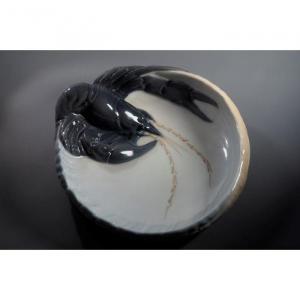

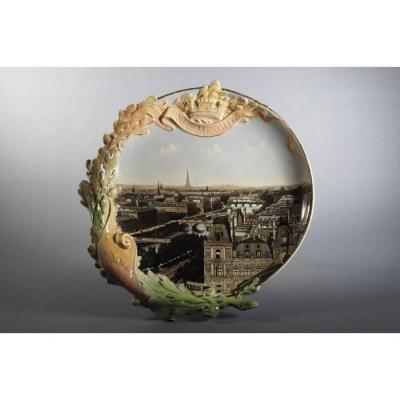
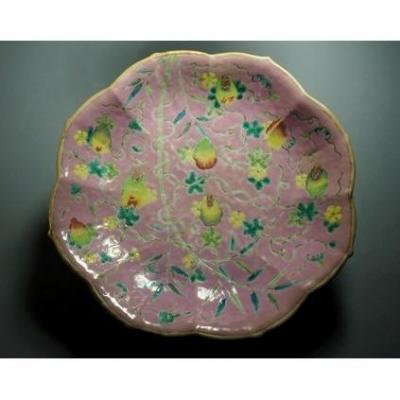

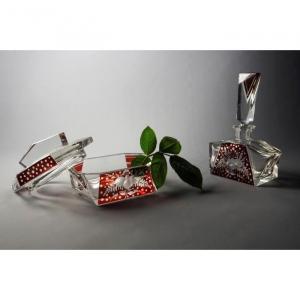

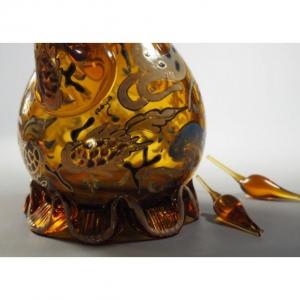
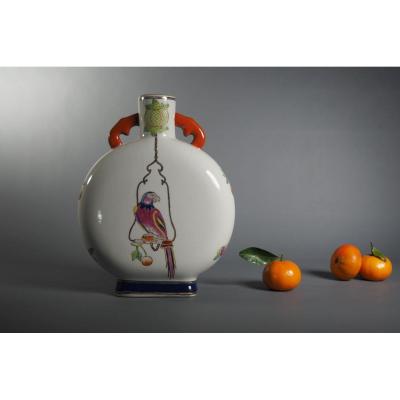

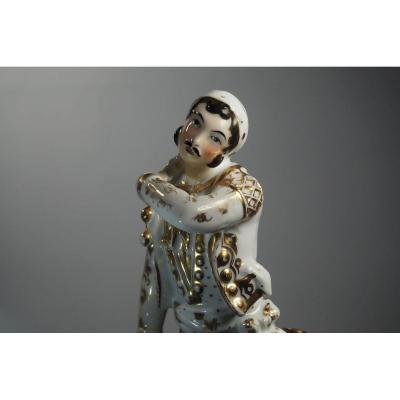
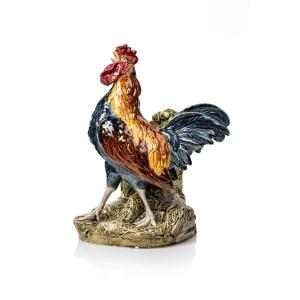
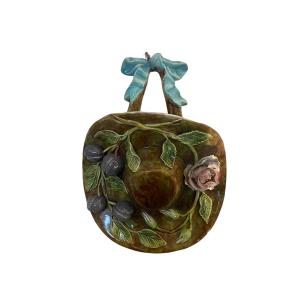


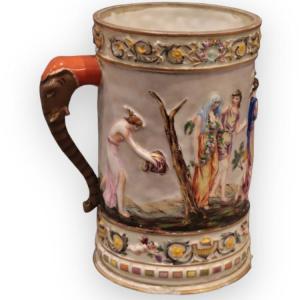



 Le Magazine de PROANTIC
Le Magazine de PROANTIC TRÉSORS Magazine
TRÉSORS Magazine Rivista Artiquariato
Rivista Artiquariato